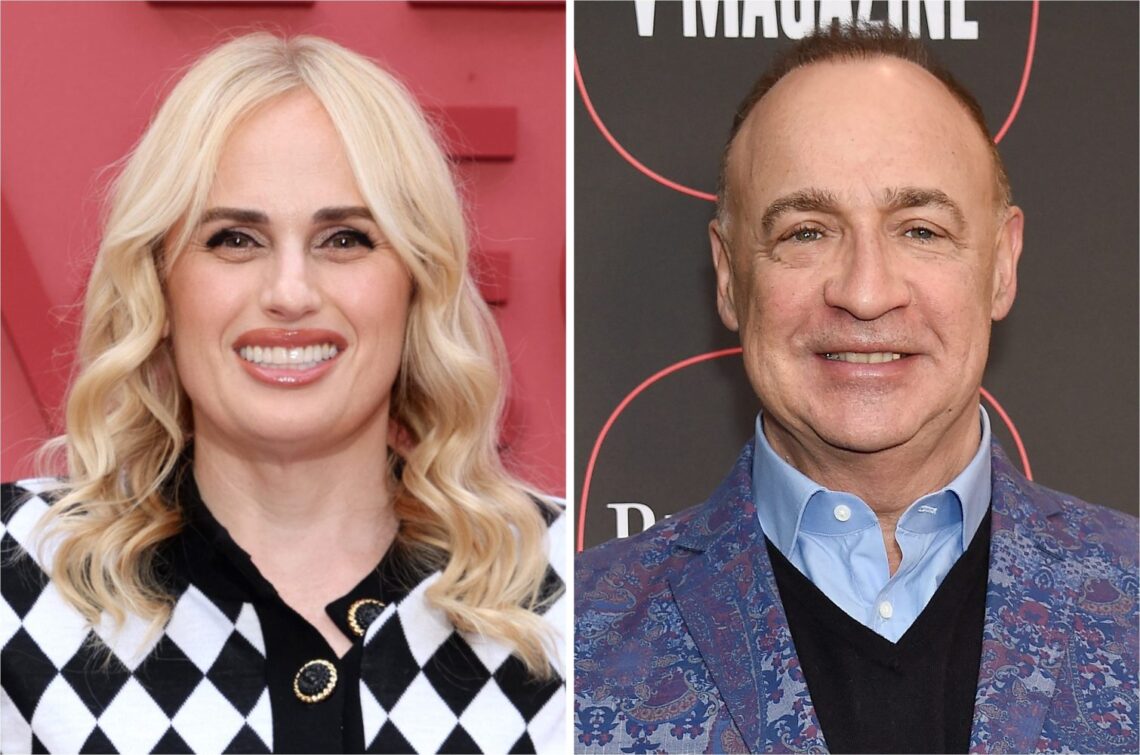Rebel Wilson’s defamation battle: A deeper look into ‘The Deb’ controversy
A clash in the spotlight
Rebel Wilson, known for her roles in Pitch Perfect and other comedic hits, is currently embroiled in a legal battle that has captured the attention of the entertainment world. The actress and now-director is facing a defamation suit from the producers of her directorial debut, The Deb. Despite the legal pressures, Wilson remains defiant, using her social media platforms to voice her side of the story.
The Instagram rebuttal
In a recent Instagram story, Wilson directly addressed Len Blavatnik, the billionaire financier behind AI Film, which funded The Deb. She urged Blavatnik to cease supporting Amanda Ghost, Gregor Cameron, and Vince Holden, the producers she accuses of retaliating against her for speaking out. Wilson’s post was fiery and unfiltered, reflecting her frustration with the ongoing situation.
“Len Blavatnik, please stop funding and protecting Amanda Ghost, Gregor Cameron, and Vince Holden,” Wilson wrote. “Clearly these recent press articles and constant retaliations against me for speaking the truth on my small Australian movie are FALSE. All I did was tell the truth about these absolute fuckwits’ – now they launch a bogus defamation suit and bogus articles to inflict further harm.”
The producers’ perspective
The producers of The Deb, Amanda Ghost, Gregor Cameron, and executive producer Vince Holden, have filed an amended complaint against Wilson. They claim that she defamed them in a previous Instagram post, where she accused them of embezzling money from the film’s budget and alleged that Ghost sexually harassed one of the lead actresses.
Ghost and Holden are not new to the industry. Ghost, a Grammy- and Golden Globe-nominated singer/songwriter, transitioned to film producing and has been the CEO of AI Film since 2019. Holden, who launched AI Film in 2012, continues to manage the company’s financial interests. Their credits include indie hits like Hacksaw Ridge and I, Tonya.
A history of controversy
Amanda Ghost’s career has not been without its share of drama. In 2010, she was dismissed from her position as chief of Epic Records after a tumultuous tenure that included allegations of erratic behavior and imposing her songwriting on artists. This background adds another layer to the current conflict with Wilson.
Rebel Wilson’s previous allegations
This isn’t the first time Wilson has made headlines for her accusations. Earlier this year, she claimed in her memoir, Rebel Rising, that Sacha Baron Cohen sexually harassed her and pressured her to do nudity on the set of The Brothers Grimsby. While Cohen successfully had these passages removed from editions of the book published in the U.K. and Australia, they remain in the U.S. version and other international editions.
The film at the center of it all
The Deb is a coming-of-age musical that follows two teenage girls preparing to attend a debutante ball in the Australian Outback. The film’s fate is currently uncertain, as it does not yet have a distributor. It was selected as the closing night film at the Toronto Film Festival, where it will be shopped by WME. The battle between Wilson and the producers has added a layer of complexity to the film’s journey to the big screen.
The impact on the film’s future
The public feud between Wilson and the producers has undoubtedly affected The Deb‘s prospects. Initially, AI Film refused to approve the film’s screening at TIFF, only reversing their decision after Wilson’s social media posts brought attention to the standoff. The film’s future now hangs in the balance, with its success potentially hinging on the resolution of this legal battle.
Personal reflections for cinema enthusiasts
For fans of cinema and TV series, this situation offers a fascinating glimpse into the behind-the-scenes dynamics of film production. The clash between creative vision and financial control is a common theme in the industry, and The Deb serves as a case study in how these conflicts can escalate.
As we await the outcome of this legal battle, it’s worth reflecting on the broader implications for the industry. How do these disputes affect the creative process? What can be done to ensure that artistic integrity is maintained while also protecting financial investments? These are questions that will continue to resonate as we follow the developments in this high-profile case.
For those interested in exploring more about The Deb, you can watch the trailer here.
This article aims to provide a comprehensive and nuanced perspective on the ongoing conflict surrounding The Deb. By delving into the backgrounds of the key players and examining the broader industry context, we hope to offer readers a deeper understanding of the stakes involved.

 Italian
Italian







